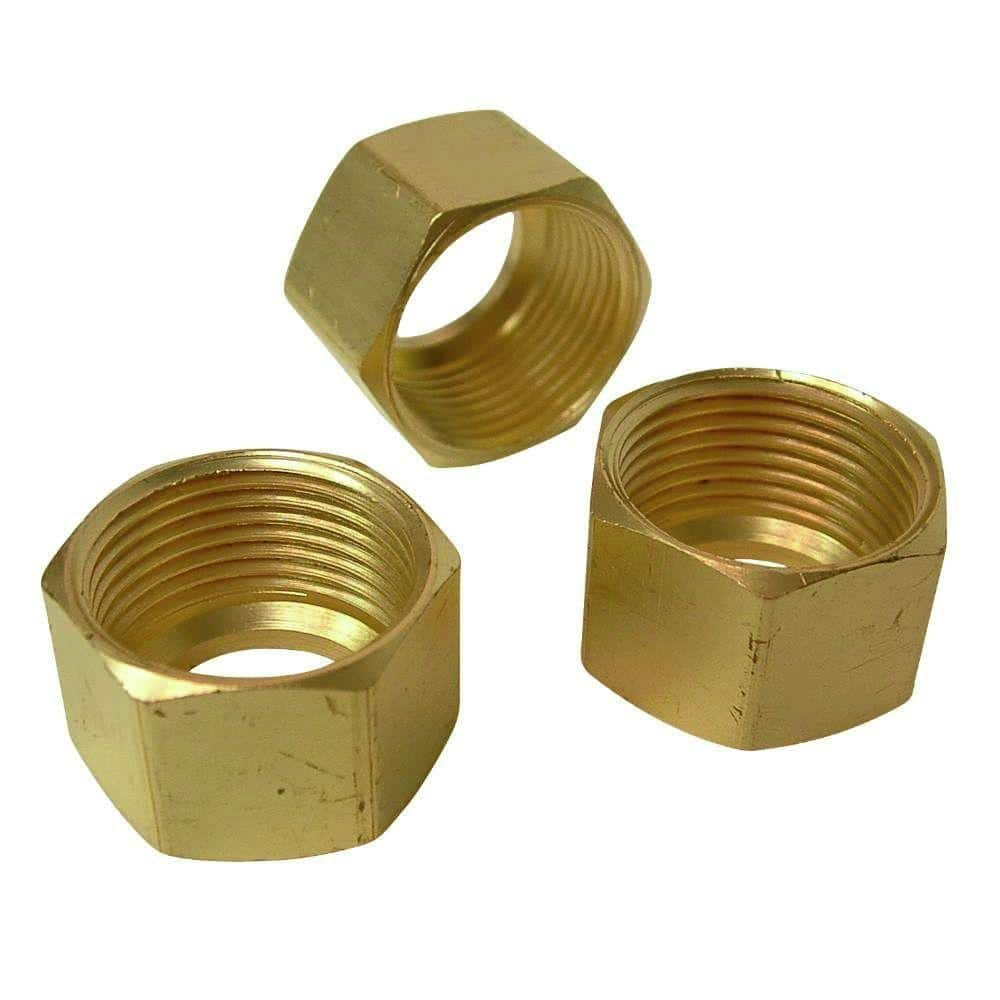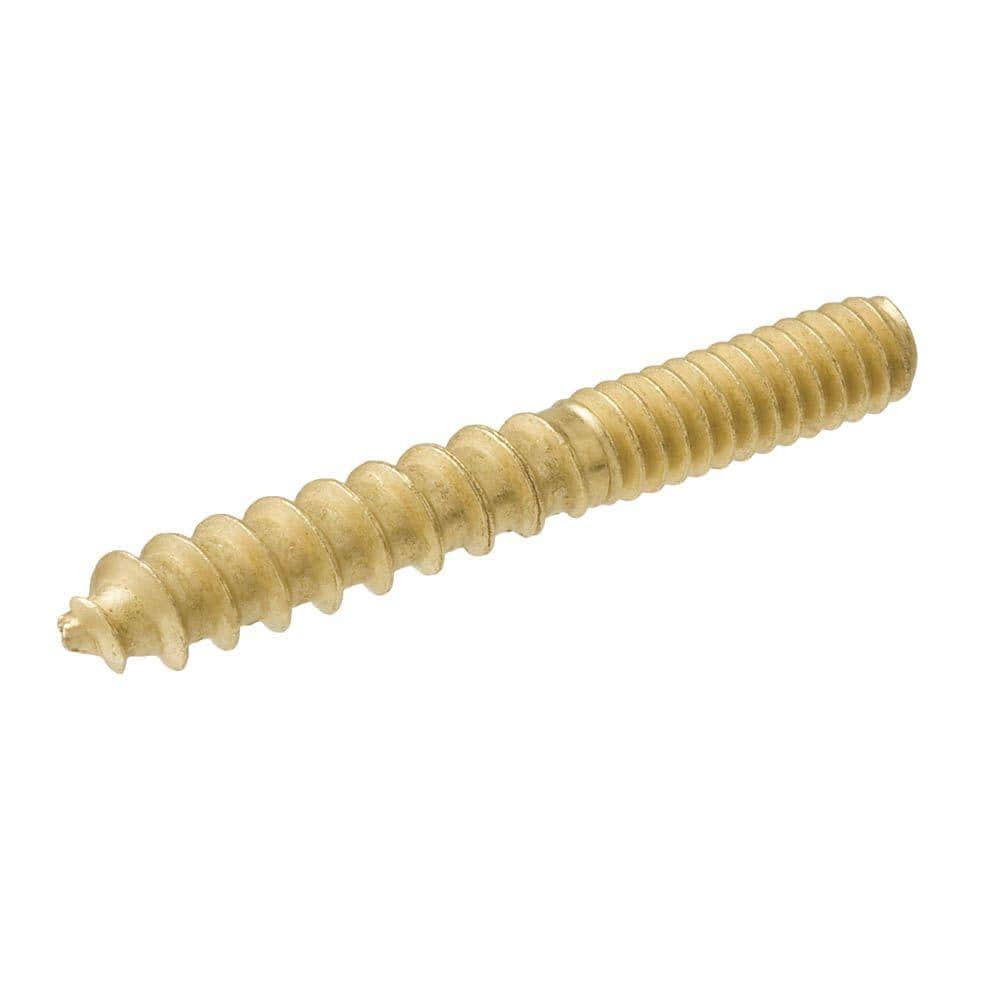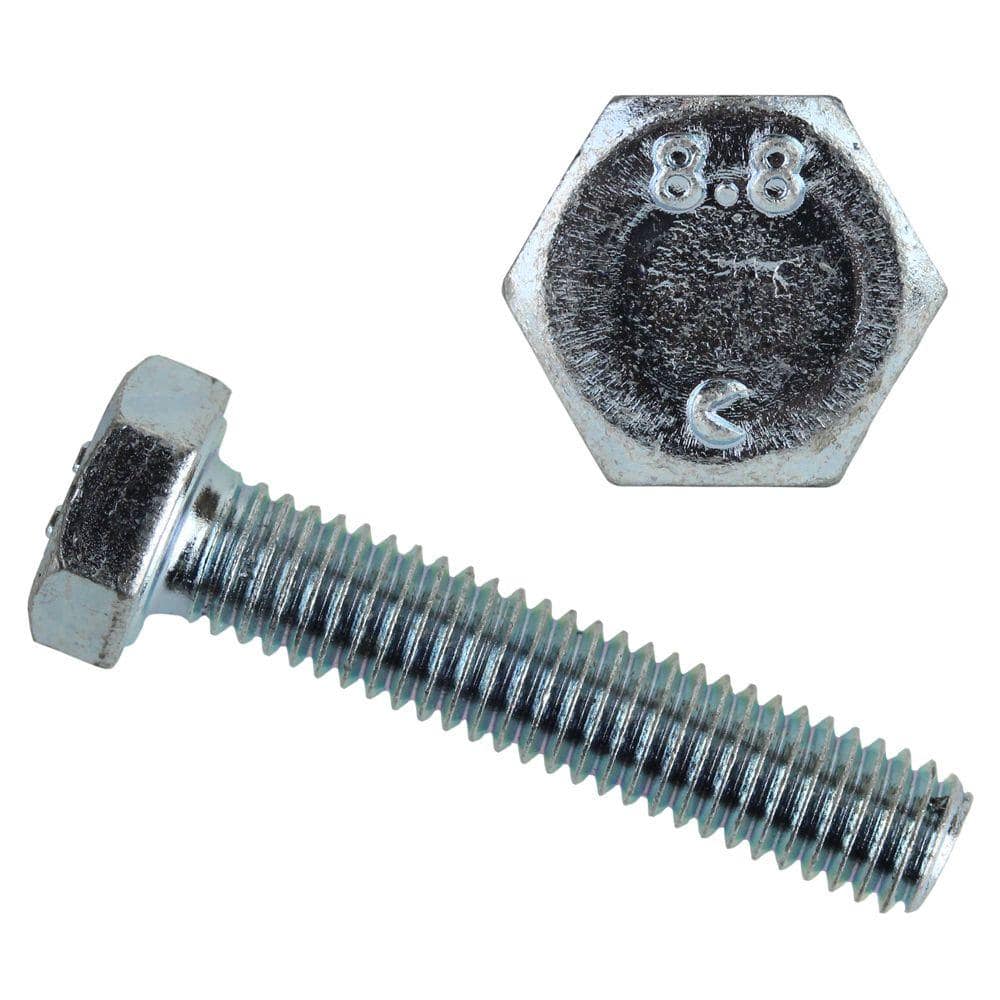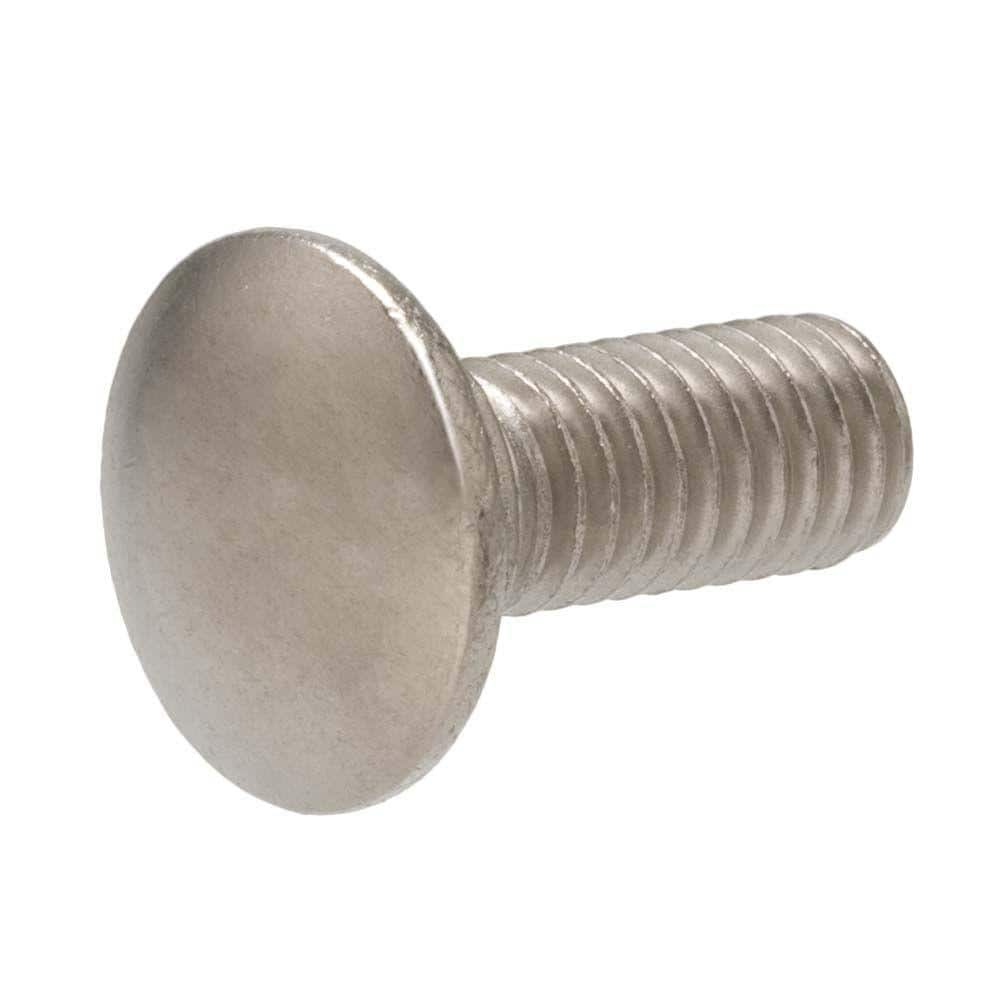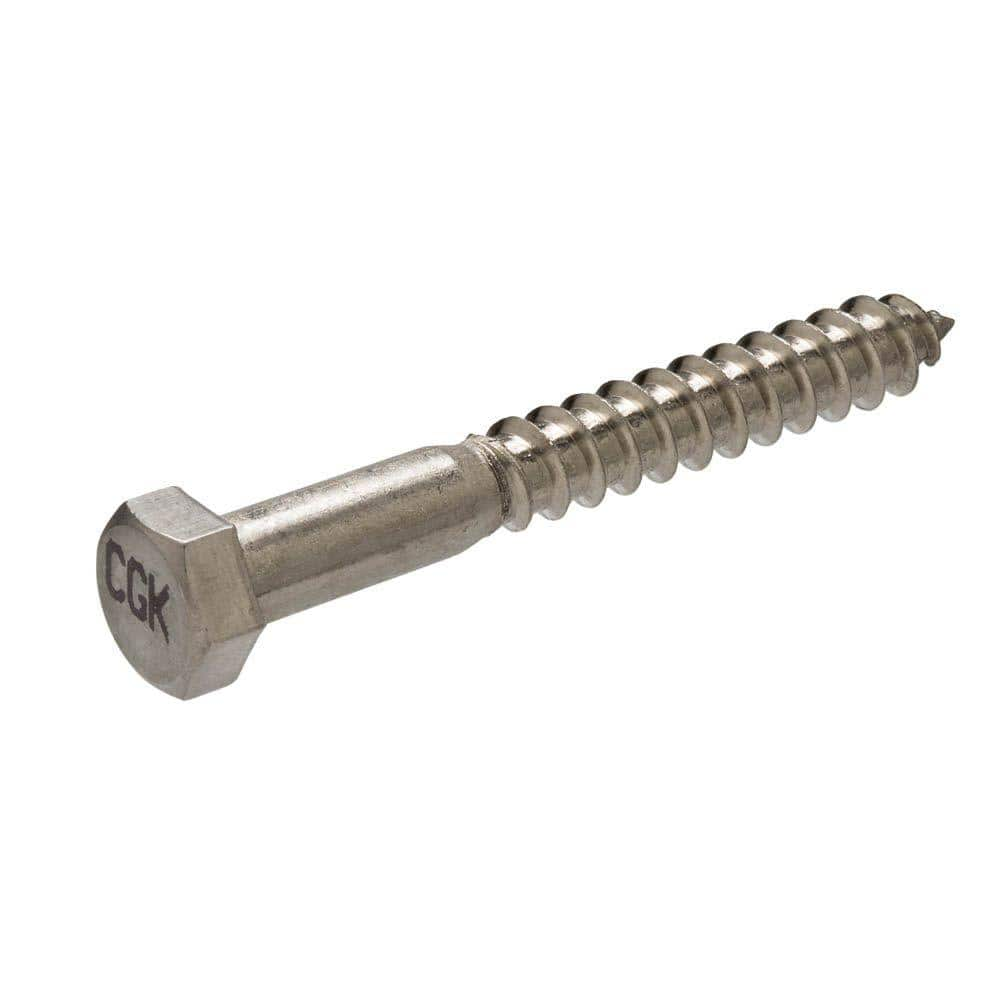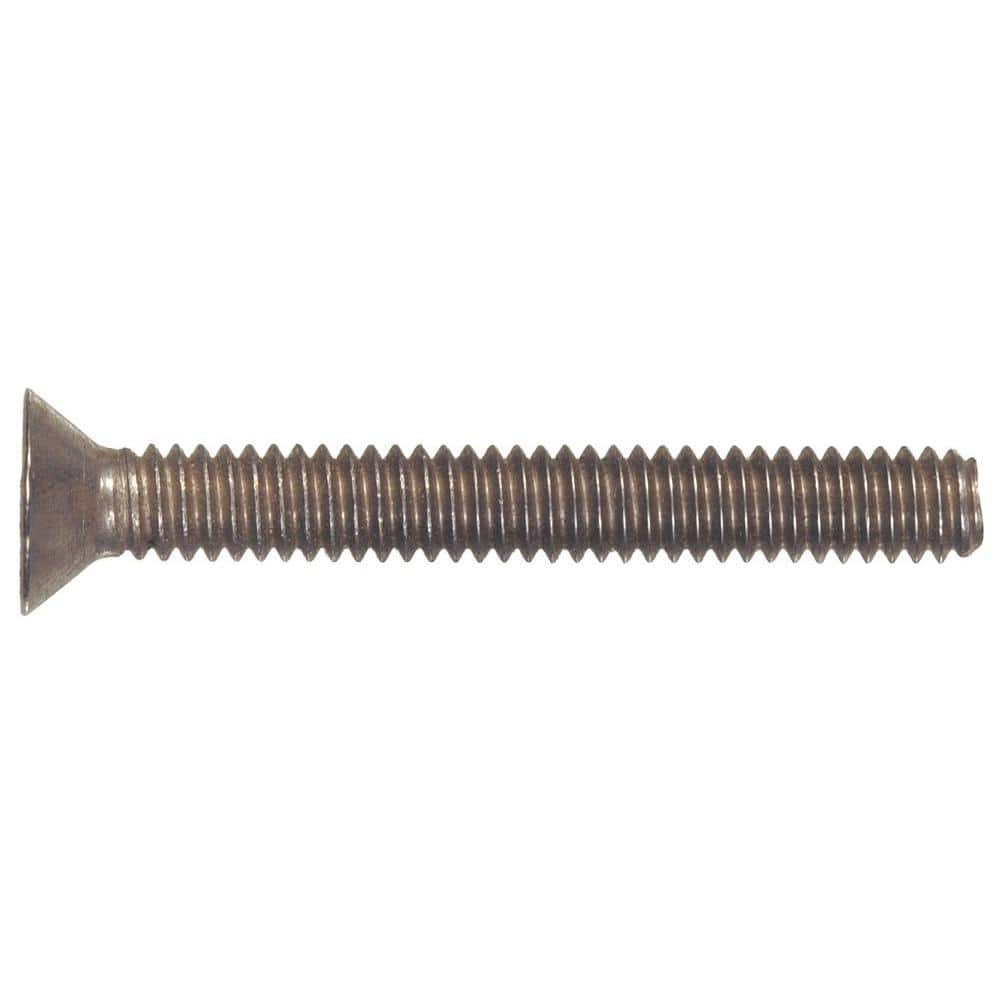Types of Nuts and Bolts

Last updated September 18, 2025
Bolts are a type of fastener. Fasteners are used to secure or fasten materials together. There are many types of bolts and hardware nuts. Most, if not all, bolt types have machine threads. A threaded bolt screws into nuts to hold or fasten materials together. Bolt types include eye bolts, wheel bolts and machine bolts, while types of nuts include cap nuts, expansion nuts and u-nuts. The type of material and finish also factors into how fastener types look and perform. This guide will tell you the about the types of nuts and bolts and the different types of bolt heads.
Table of Contents
Types of Bolts
Types of Hardware Nuts
Common Bolt Materials
Finish Options
Types of Bolts
This fastener is often used with nuts and washers. Bolts are made in assorted sizes and the diameter of the bolt increases with length. Bolts have heads and threaded parts called shanks. The size of a bolt is associated with the diameter of the shank and the length. Bolt types include:
Carriage Bolts:
- Domed, enlarged head shape
- Designed to keep bolt from pulling through
- Attaches wood to wood or metal to wood
U-Bolts:
- Shaped like the letter “U”, threaded on both ends with nuts
- Supports rope, chain, auto components and pipework
Lag Bolts:
- Also known as lag screws, not used with a nut
- Extremely sturdy, good for bearing heavy loads
- Excellent for flooring and decking
Structural Fasteners:
- Various sizes, from less than a millimeter to over 20 inches long
- Used for various materials, including plastics and composites
- Great replacement for traditional lag and carriage bolts
- Budget-friendly and easy-to-use option for professionals
Eye Bolts:
- Used in rigging, anchoring, pulling, pushing or hoisting applications
- Two types are forged or bent into one piece
Types of Hardware Nuts
Nuts are fasteners with threaded holes that secure to bolts, screws or studs and hold parts together. Once securely fastened, a nut prevents axial movement in connected materials. Types of nuts include:
Cap Nuts:
- Also called an acorn nut, has a domed top
- Caps the exposed ends of shafts, axles and rods
Hex Nuts:
- Six-sided, used for multiple threaded applications
- Finished hex, semi-finished hex, hex flange and slotted hex
Jam Nuts:
- Half as long as standard hex nuts
- Locks in place without clamping to another object
Lock Nuts:
- Also known as nylon lock nuts or prevailing torque nuts
- Used with other nuts to prevent them from loosening
Push Nuts:
- Can be capped or uncapped, installed with a special nut driver
- Removal will destroy fastener
Coupling Nuts:
- Hollow threaded fastener, also called extension nuts
- Joins two male nut threads, driven with a wrench
Speed Nuts:
- Also called a sheet metal nut
- Has two metal pieces that function as one
Square Nuts:
- Threaded nut with four sides
- With various internal platings
T-Nuts:
- Has a flange at the end of a long threaded body
- Often with 3 or 4 prongs to sink into material for better retention
Wing Nuts:
- Threaded nuts with wings on both sides
- Applies and removes with easy manual turning
Common Bolt Materials
Bolts and nuts are fabricated from a variety of materials. These options include metals and polymers. Stainless steel offers strength and corrosion resistance. While polymer options have less strength than stainless, they are a good choice for resisting chemicals. The most common materials are:
- Stainless steel
- Alloy steel
- Low carbon steel
- Medium carbon steel
- Titanium
- Polymers, such as nylon
Finish Options
The use of heat treatments and application of various finishes, also known as “plating,” affects the look and performance of nuts and bolts. Finishes provide material stability and protect the fasteners from corrosion and rust. Below are some common heat treatment and finish benefits:
- Zinc coating - Most common, low cost, resists corrosion and rust
- Galvanized - Superior corrosion protection, anti-seize, higher upfront investment
- Stainless – Great for humid environments, strong, ideal for electrical or mechanical uses
- Black – Adds color, provides better grip, deflects light
Nuts and bolts work together to form strong working bonds. Understanding the various types of nuts and bolts can help you choose the best types for your project. Need help identifying a fastener? Find products quickly with image search in The Home Depot Mobile App. Snap a picture of an item you like, and we'll show you similar products.













